
It is unclear why we dream, although it may assist the brain process and preserve essential memories. Frequent, vivid dreams may be caused by stress, drugs, sleep difficulties, or early pregnancy.
While we think of sleep as a time for the body to recharge, the brain is actually very busy during sleep—dreaming. Our dreams might be relaxing or frightening, strange or beneficial, realistic or fantastical.
Sometimes we wake up with no notion we’ve dreamed, and other times we can vividly recollect our dreams because they were so powerful. These are referred to be vivid dreams.
What causes vivid dreams?
Brain scientists don’t know why humans dream in the first place, but they believe it has to do with memory.
Dreaming may assist the brain remove irrelevant information or memories while processing and retaining what is vital. Some people feel more rejuvenated after sleeping and dreaming, even if they can’t remember what they dreamed.
People are more likely to remember the last dream they had throughout their sleep cycle. However, if a vivid dream felt particularly powerful, you may recall it for a long time.
Vivid dreams can be either happy or negative, actual or imagination. Scientists know that the majority of heavy dreaming happens during rapid eye movement (REM) sleep. REM sleep typically occurs every 90 minutes during a night of sleep and can last 20 to 25 minutes.
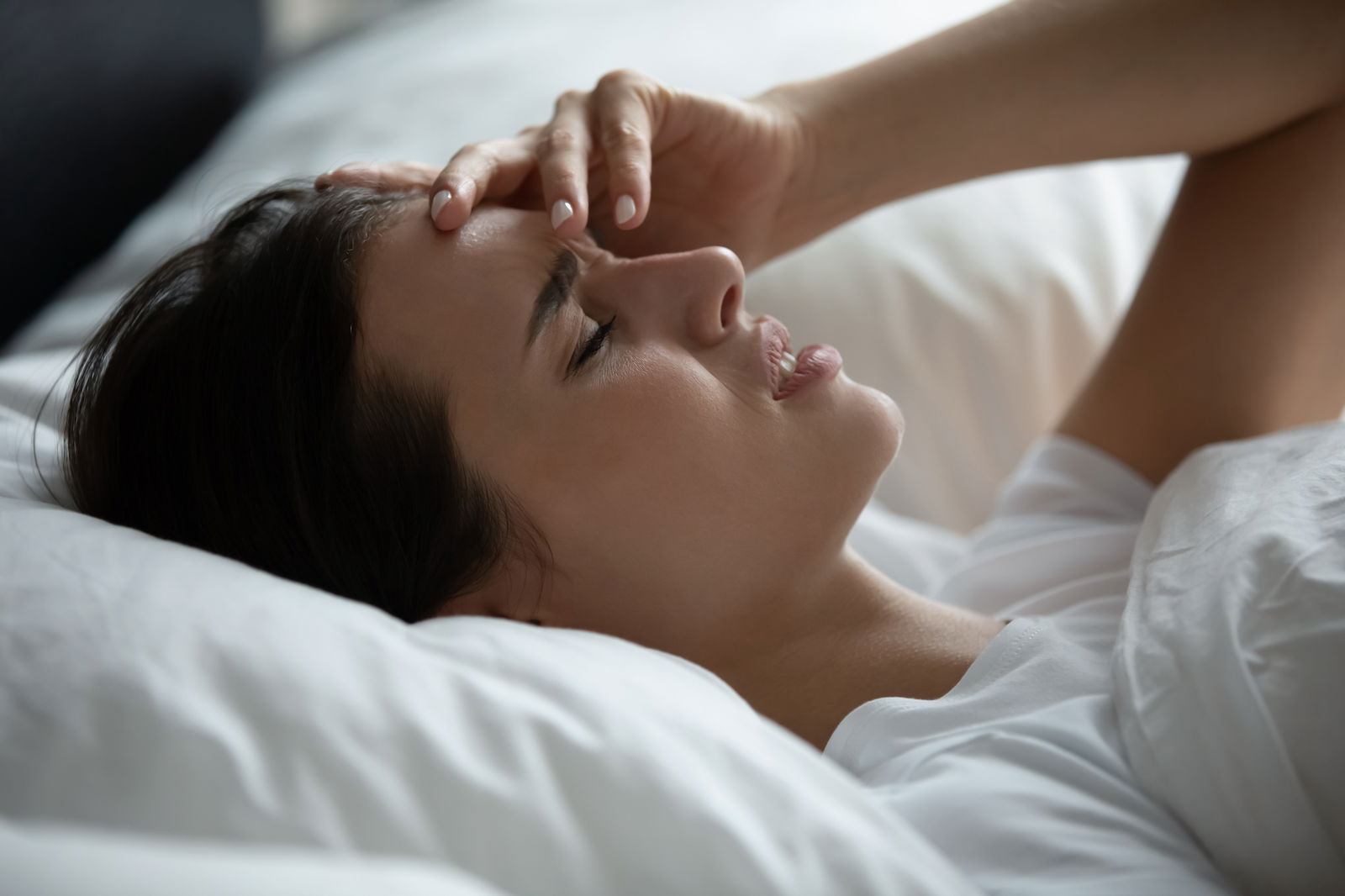
REM periods account for around 25% of an adult’s nighttime sleep. To maintain good health, the average adult needs sleep seven to nine hours per night. That’s a lot of time to dream!
So what produces vivid dreams? Scientists aren’t really sure. However, they believe the following elements may have a role.
Stress or anxiety

Real or imagined difficulties might lead to stress and worry in one’s daily life. Problems with friends, family, school, or work, as well as major life events such as marriage or home ownership, can all cause powerful dreams.
Stress produced by traumatic occurrences, such as the death of a loved one, sexual abuse, or a vehicle accident, can result in vivid nightmares. Anxiety, in particular, is linked to an increased chance of distressing and vivid dreams.
Sleep disorders
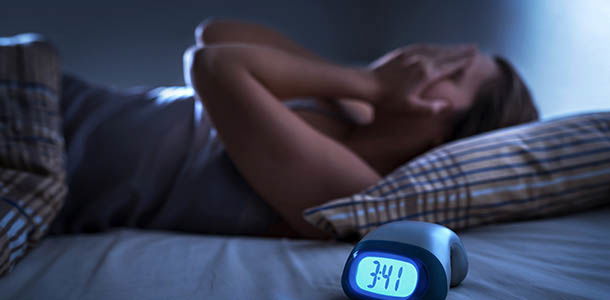
Sleeping disorders that involve a lack of sleep, such as insomnia and narcolepsy, might increase the likelihood of having vivid dreams.
Changes in your sleep schedule, such as flying overseas (and going to bed at a different time) or sleeping less than normal, can also raise this risk.
Medications

Some drugs have been shown to contribute to vivid dreams. Many of these medications include antidepressants, beta blockers, blood pressure medications, Parkinson’s disease medications, and smoking cessation therapies.
Substance abuse
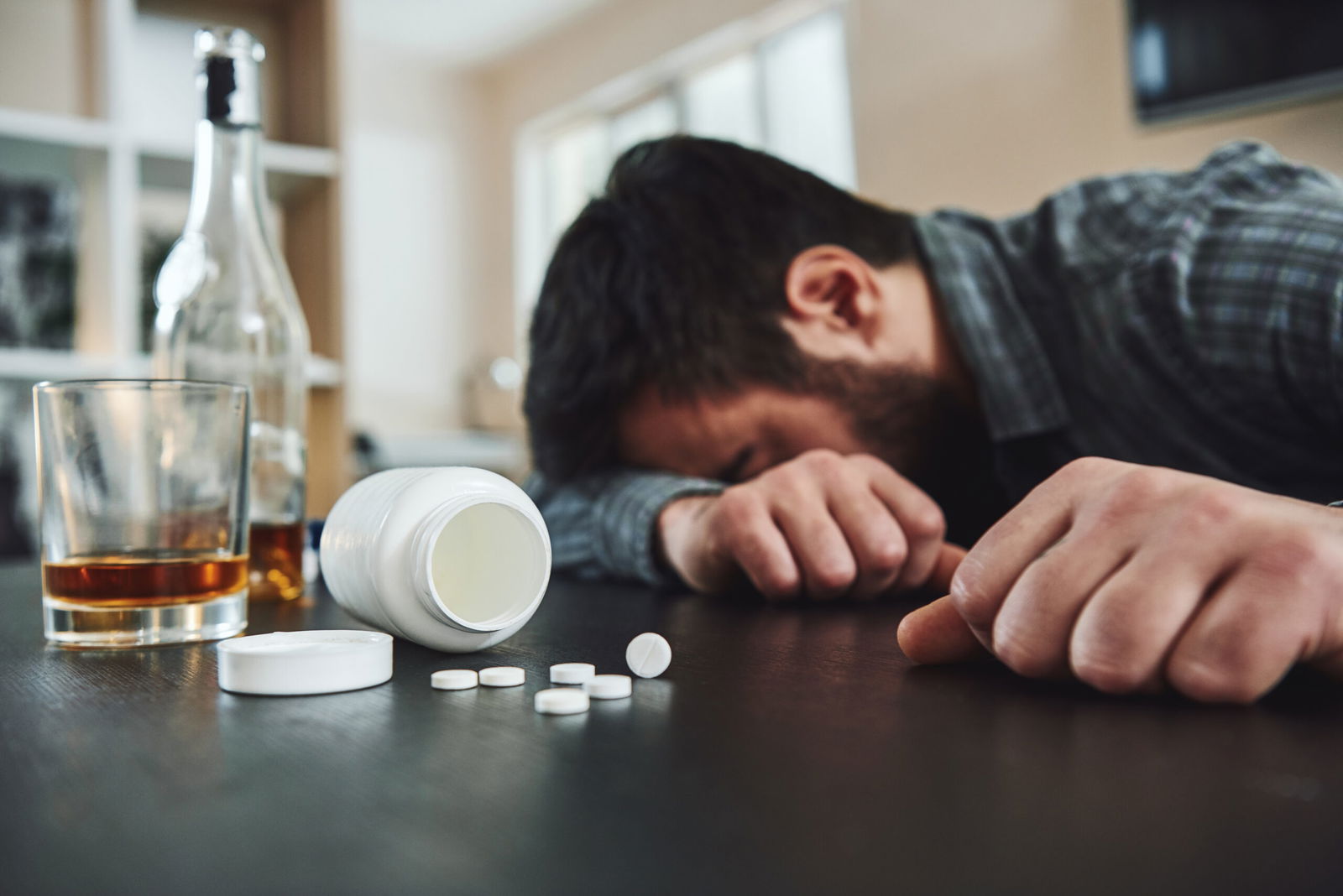
Excessive alcohol consumption, recreational drug use, or drug withdrawal can all result in vivid dreams, including nightmares.
Other health disorders
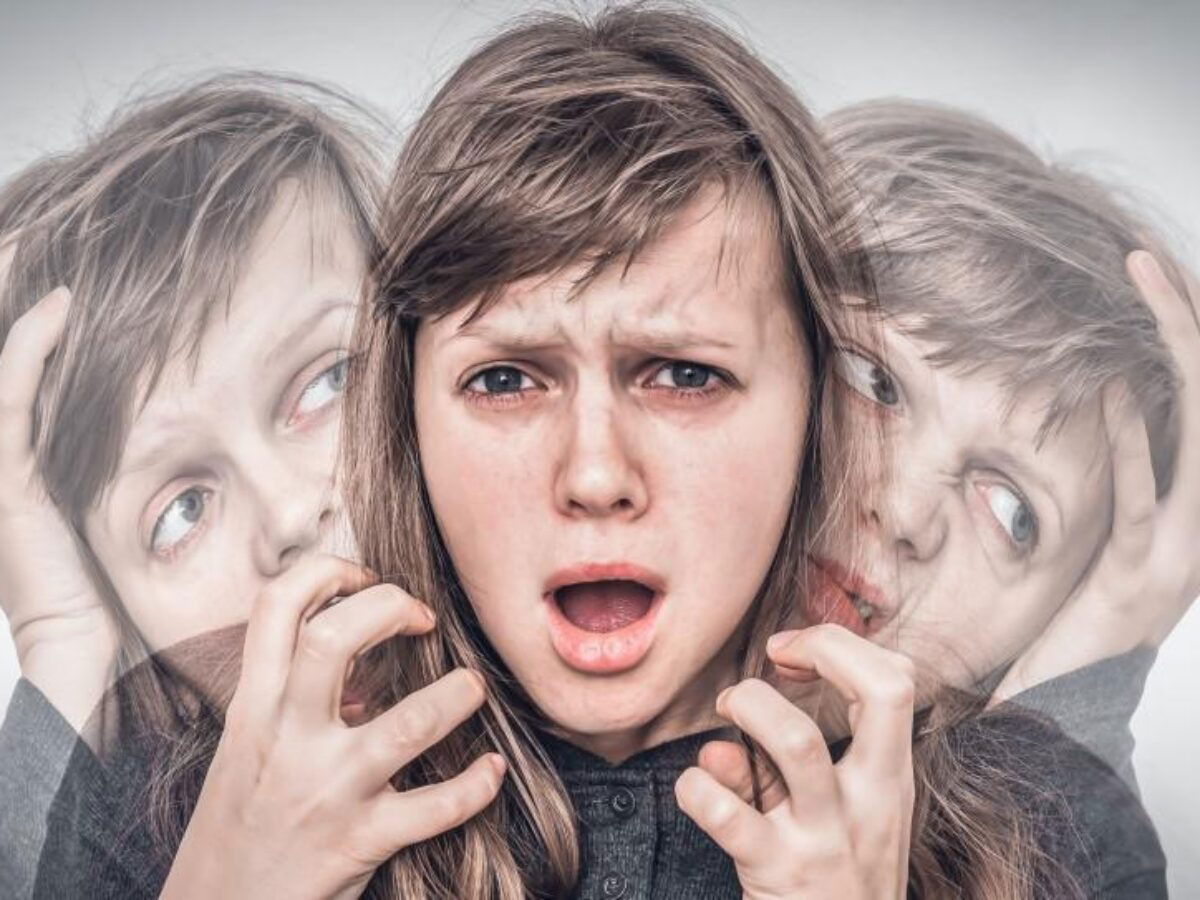
In addition to stress and anxiety, other mental health problems, such as depression and schizophrenia, have been linked to vivid dreams. Physical ailments, such as heart disease and cancer, have been linked to vivid dreams.
Early pregnancy
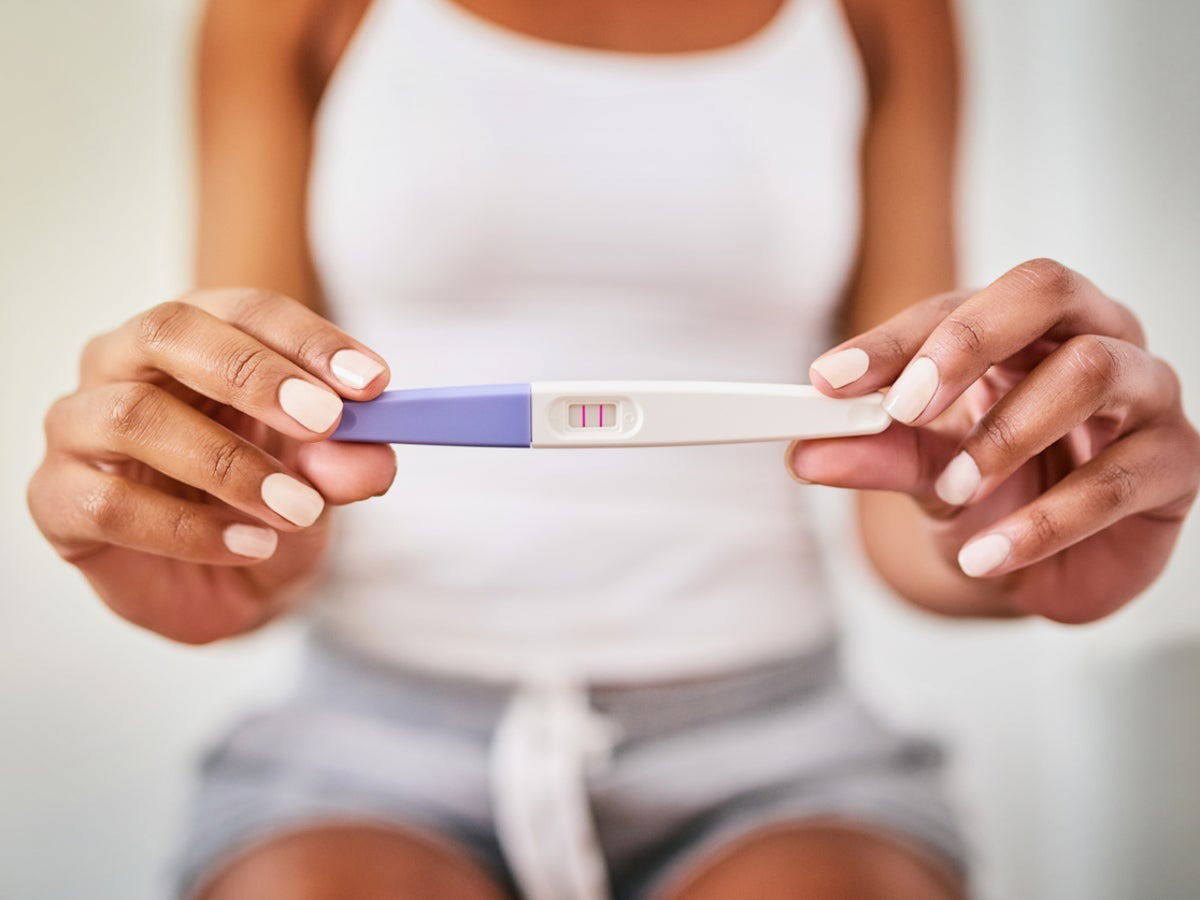
Pregnancy can alter hormone levels, sleep patterns, and emotions. Many pregnant women report having vivid dreams, particularly in the early stages of their pregnancy.
What are the side effects of vivid dreams?
In most cases, vivid dreams are not cause for concern. They may only influence you at certain points in your life.
However, bad vivid nightmares, especially those that linger for weeks or months, can be emotionally disturbing and interfere with your sleep. This can have negative consequences for your health.
Some typical side effects of vivid dreams are:
- Daytime drowsiness. This can impair concentration and memory, reducing productivity at school or work. It can even impair your ability to perform basic things like driving or taking a shower. Even minor jobs might turn harmful if you are distracted.
- Mood issues. Vivid dreams can be emotionally taxing, resulting in despair or anxiety symptoms. This can be a particularly serious issue if your vivid dreams persist over time.
- Resisting sleep. You may find yourself consciously or unconsciously avoiding going to bed or falling asleep because you are afraid of having another horrible dream.
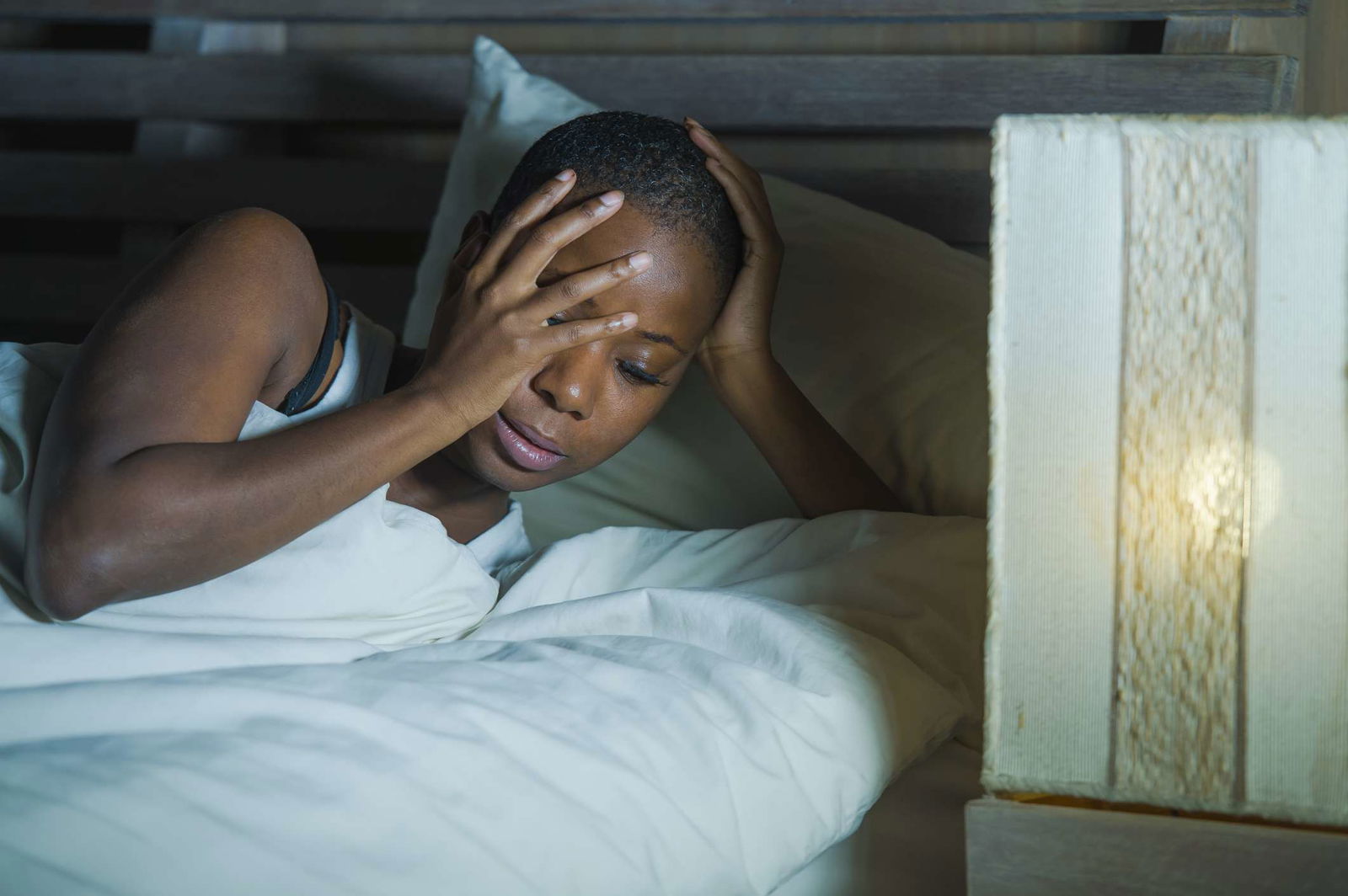
How are vivid dreams treated?
It is not always feasible to determine the exact source of vivid dreams. In most situations, these dreams will fade away with time.
However, if your vivid dreams are causing you mental distress or health problems, you may benefit from medical intervention or lifestyle changes.
Schedule an appointment with your doctor or a sleep specialist to evaluate which treatments or lifestyle changes are best for you.

These are some of the most typical treatments for vivid dreams.
- Medical intervention. If your vivid dreams are caused by an underlying mental or physical health condition, consult a doctor about identifying and treating the problem. Most doctors do not recommend using medications to cure vivid dreams. However, in the case of trauma-induced dreams, such as post-traumatic stress disorder (PTSD), a doctor may prescribe sleeping pills or anti-anxiety medications to help induce sleep.
- Staying healthy. Eating well, maintaining a healthy weight, sticking to a regular sleep pattern, drinking plenty of water, and taking care of your mental health can all help you avoid having vivid nightmares.




















